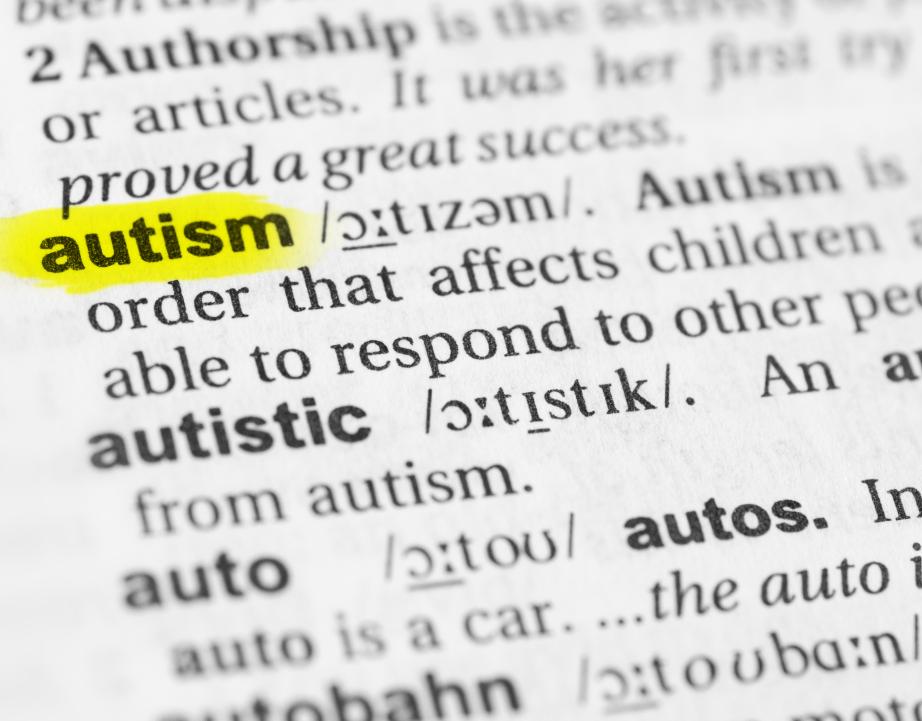Wednesday, Apr 24, 2019
Dr. Robert Isenhower arrived at Rider University in September 2018 as an assistant professor of psychology. Before Rider, he was at Rutgers for eight years working at the Douglas Developmental Disability Center using Applied Behavior Analysis to decrease maladaptive behaviors in individuals with autism.
On March 31, Isenhower appeared on “Health 411,” a radio program presented by Rider University's Health Studies Institute, to discuss autism and utilizing Applied Behavior Analysis (ABA) therapy, a scientific discipline concerned with applying techniques based upon the principles of learning to change behavior.
Interview highlights
Defining autism
Autism is a complex disorder and probably neurodevelopment in nature and probably (the result of) some kind of complex interaction of genetics that we don't fully understand. It's not caused by vaccines, people! Autism has three core deficits at heart: deficits in social interaction, language and communication, and restricted and repetitive behaviors, interests and activities. Those three deficits comprise autism.
On the sources of behavior for individuals with autism
Can you imagine how frustrating it would be if you couldn’t communicate your needs and wants with others? Individuals with autism learn to engage in behaviors because they work. If I end up hitting myself in the head, what is the first thing you're likely to do? Probably within half a second, you're going to give me some attention. And then I realize, next time I want attention, that might be the fastest way to get it.
On Applied Behavior Analysis (ABA) therapy
ABA is the application of basic theories of learning, like reinforcement, punishment and extinction. At its heart it uses behaviorism, one of the schools of psychology that has fallen out of favor. In ABA we’re not looking at mental processes; we’re asking what are the environmental variables that influence behavior. We can’t ask kids with autism why they are engaged in a particular behavior. Even for us we often don’t know why we’re engaged in particular behaviors.
On ABA success rates
That’s a complicated question because of how to define success. A large number of studies shows efficacy and recent studies showed kids don’t outgrow autism. A successful outcome may be: Does a person become independent or get a job? There are so many interesting questions: Is the goal to make behaviors more normal? What are the parents’ goals? Who picks the goals? One kid’s mom was convinced the kid would be a public speaking teacher yet the child was non-verbal. The parent’s goal was unreasonable. Ultimately the target skill is determined by basic skills like readiness or attentiveness.
"Health 411," hosted by Dr. Jonathan Karp of Rider's Department of Biology, Behavioral Neuroscience, and Health Sciences, airs every Sunday at 11 a.m. on 107.7 The Bronc. All episodes are also available as podcasts.

